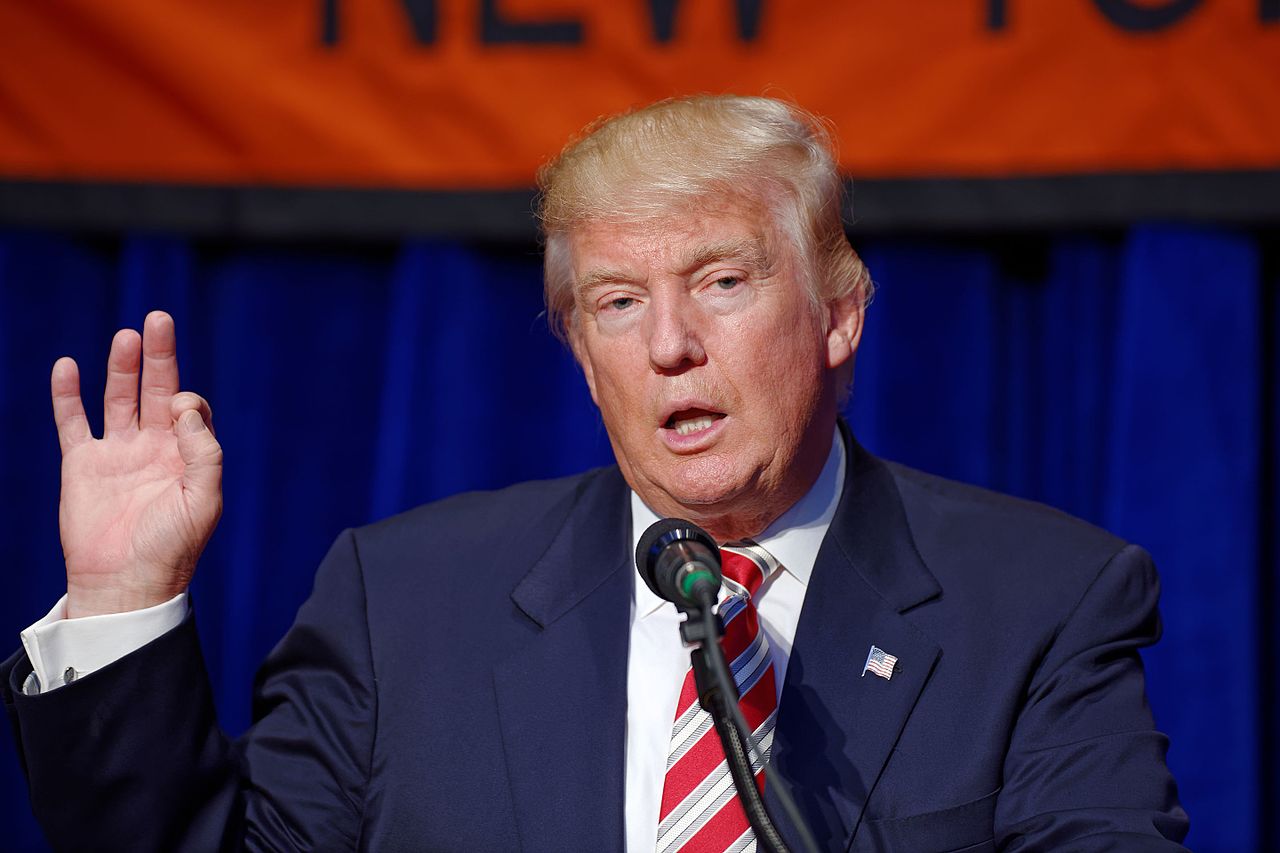Abortion rights, women of color, and LGBTQI+ people are under attack. Pledge to join us in fighting for gender justice.
Medicaid Expansion: The President’s Proposal to Beat the Buzzer
The annual federal budget process tipped off today with President Obama’s proposal for the Fiscal Year 2017 federal budget. One of the highlights is his proposal to extend the Affordable Care Act (ACA)’s generous matching payments to new states that expand coverage through Medicaid.
 The health care law expands coverage in two principal ways – helping women and their families pay for health care premiums when they buy coverage in the state insurance Marketplaces, and expanding eligibility for Medicaid coverage. States may choose whether or not they take federal funding to expand the Medicaid program, and so far 31 states plus the District of Columbia have recognized that the law’s generous federal match, combined with the economic and health benefits of expanding health insurance for their state’s residents, is a slam dunk. More than 14 million additional individuals have enrolled in Medicaid since expansion coverage took effect. But 19 states have yet to expand Medicaid, which leaves millions of Americans in a coverage gap – that is, they have too little income to qualify for help with Marketplace coverage, but cannot qualify for traditional Medicaid. This means 1.5 million women, for example, have no pathway to health insurance.
The health care law expands coverage in two principal ways – helping women and their families pay for health care premiums when they buy coverage in the state insurance Marketplaces, and expanding eligibility for Medicaid coverage. States may choose whether or not they take federal funding to expand the Medicaid program, and so far 31 states plus the District of Columbia have recognized that the law’s generous federal match, combined with the economic and health benefits of expanding health insurance for their state’s residents, is a slam dunk. More than 14 million additional individuals have enrolled in Medicaid since expansion coverage took effect. But 19 states have yet to expand Medicaid, which leaves millions of Americans in a coverage gap – that is, they have too little income to qualify for help with Marketplace coverage, but cannot qualify for traditional Medicaid. This means 1.5 million women, for example, have no pathway to health insurance.
Under the Affordable Care Act, states that close the coverage gap can do so with mostly federal money. For states that began new Medicaid coverage in 2014 or 2015, or will do so in 2016, the federal government initially pays 100 percent of the costs of newly-eligible enrollees. Over time, these states will pay 10 percent of the costs themselves, which is also a great deal compared to traditional Medicaid matching rates, and cheaper for states than spending their own money to help treat uninsured residents. That’s a bank shot for states, resulting in fewer uninsured residents, and state budget savings.
But right now, if a state has not made a fast break on the coverage gap, and won’t begin implementing the expansion before the end of 2016, it won’t be able to draw down 100 percent federal matching funding. To continue the Obama Administration’s full-court press for expanding coverage through Medicaid, the President’s budget would extend this generous financial incentive for these 19 states. This means that whenever a state closes the coverage gap, for the first three years the federal government will pay the entire cost for enrollees who qualify for expanded Medicaid coverage.
But for new Medicaid expansion states to qualify for 100 percent federal funding, Congress needs to get in the game. Unless Congress changes the underlying law to continue federal matching payments at this rate, the President’s proposal will be an air ball. But with legislative support, it could tip more states into expanding coverage through Medicaid. That would be a great assist for low-income women and their families.





